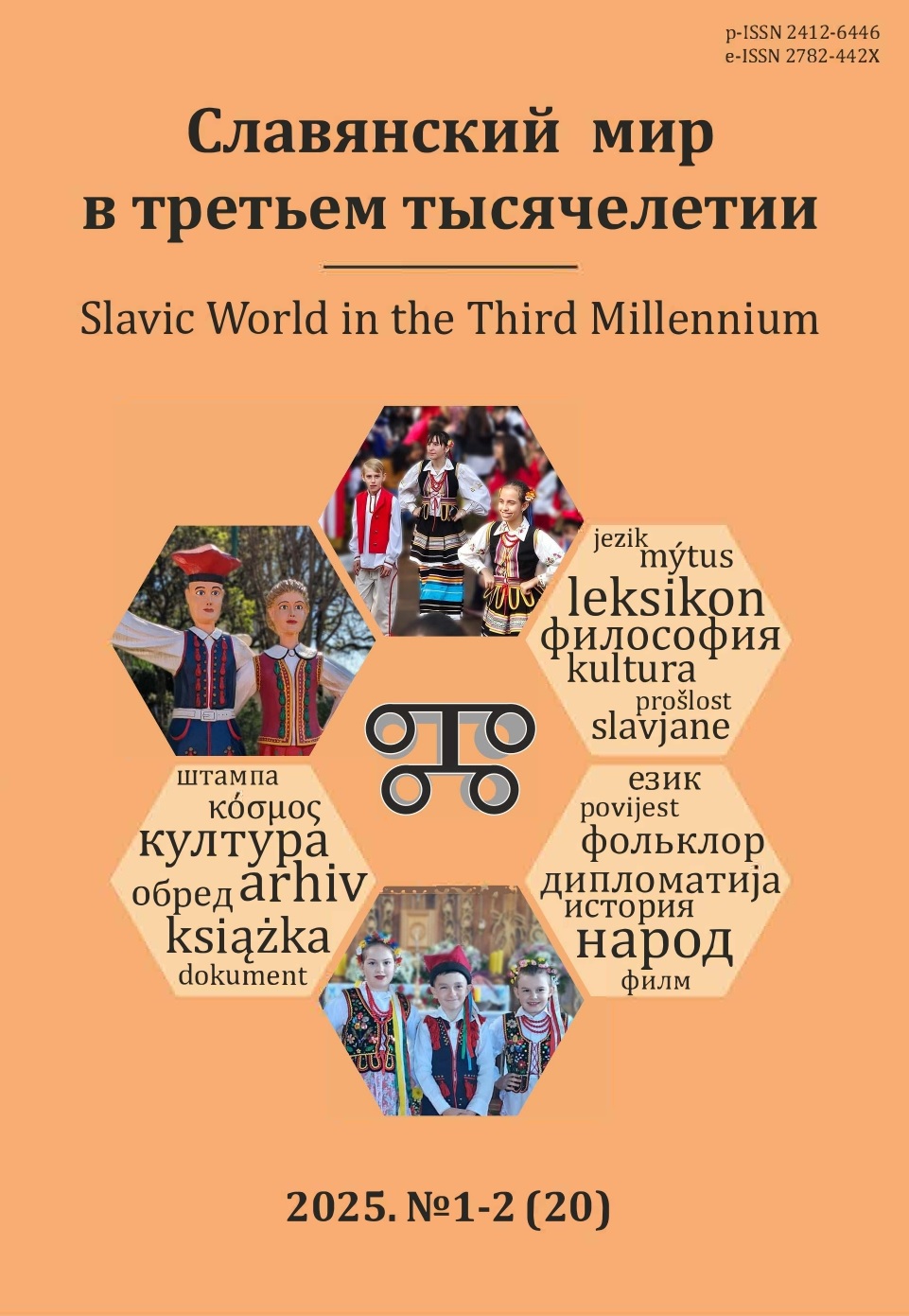“More and More Nervousness is Noticeable both in the Press and in Official Circles…” The Situation in Yugoslavia in the Summer of 1948 Viewed by the Romanian Ambassador
DOI:
https://doi.org/10.31168/2412-6446.2025.20.1-2.12Keywords:
I. V. Stalin, Josip Broz Tito, Soviet-Yugoslav Conflict of 1948, Romania, CominformbureauAbstract
The contradictions between the Soviet and Yugoslav leadership, which first emerged during the Trieste crisis (May-June 1945), reached a critical point in the spring of 1948. Although Yugoslavia, after the end of the World War II, resolutely turned to implementation of deep economic and political reforms in accordance with the Communist doctrine, the overly independent and ambitious Josip Broz Tito did not let Moscow control the situation in his country. And in this sense, he did not correspond to I. V. Stalin’s ideas about the leader of a country which was building socialism in accordance with the general principles of the World Communist movement. In May, Tito rejected the demand of the Soviet leadership to attend a new meeting of the Cominform bureau, and the meeting held at the end of June in Bucharest without the participation of the Yugoslav delegation adopted a resolution containing sharp accusations of nationalism against the leaders of the Communist Party of Yugoslavia. An anti-Yugoslav campaign was launched within the framework of the World Communist Movement. It involved all the Communist parties of the Soviet sphere of influence, by this time already possessing full power in their states. The consolidation of the Tito regime was accompanied by harsh measures against those communists who called on their leadership to submit themselves to the dictate of Moscow. The extremely tense domestic political atmosphere in Belgrade at the end of the summer of 1948 is reflected in the descriptions by the Romanian ambassador to Yugoslavia, Bessarabia-born Teodor Rudenko, who acted as an informant for the Soviet leadership.
Received 20 April 2025
Revised 18 May 2025
Accepted 29 May 2025
For citation: Stykalin, A. S., Bondarev, N. V., 2025. “More and More Nervousness is Noticeable both in the Press and in Official Circles…” The Situation in Yugoslavia in the Summer of 1948 Viewed by the Romanian Ambassador. Slavic World in the Third Millennium, 20 (1–2), pp. 220–240. https://doi.org/10.31168/2412-6446.2025.20.1-2.12



